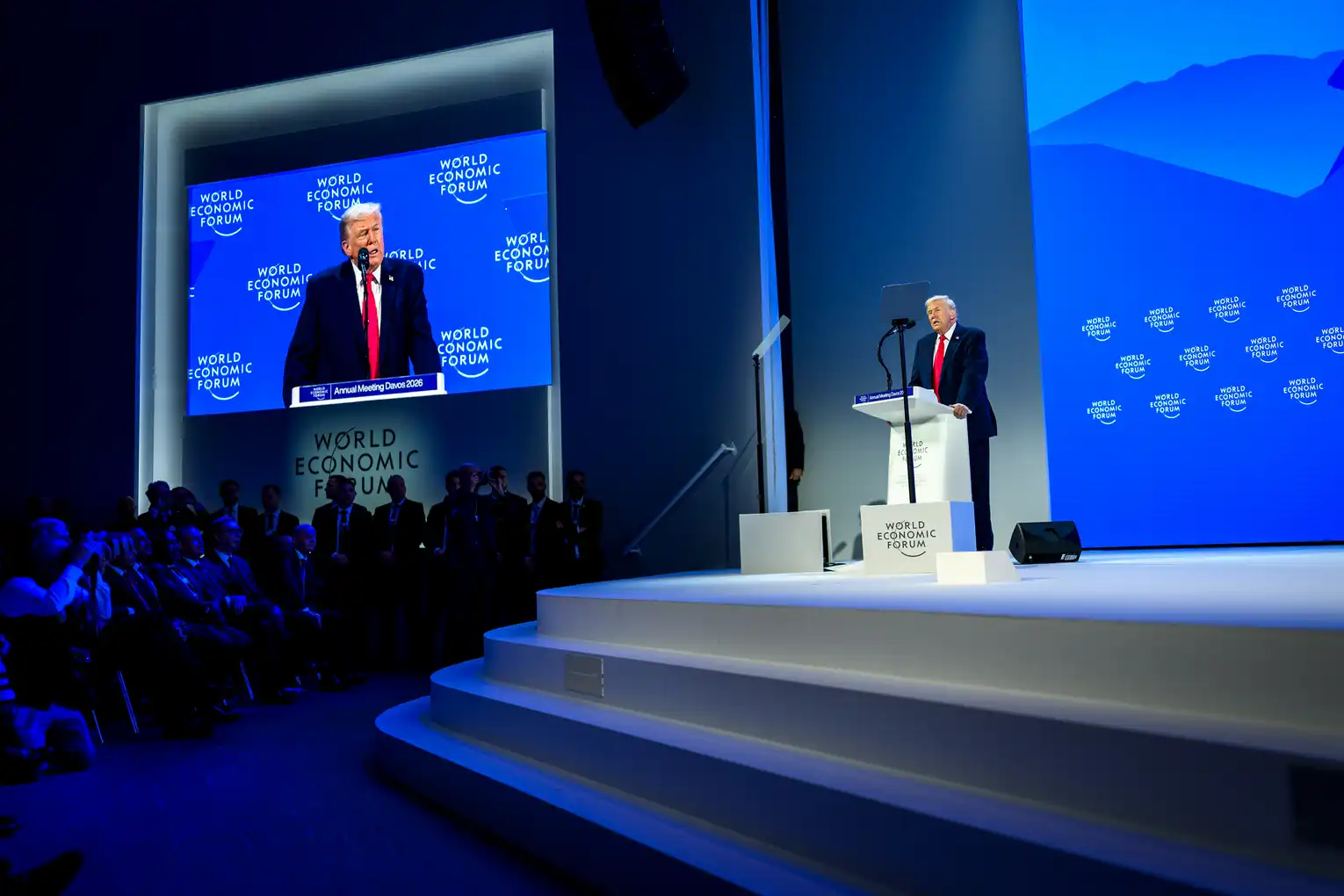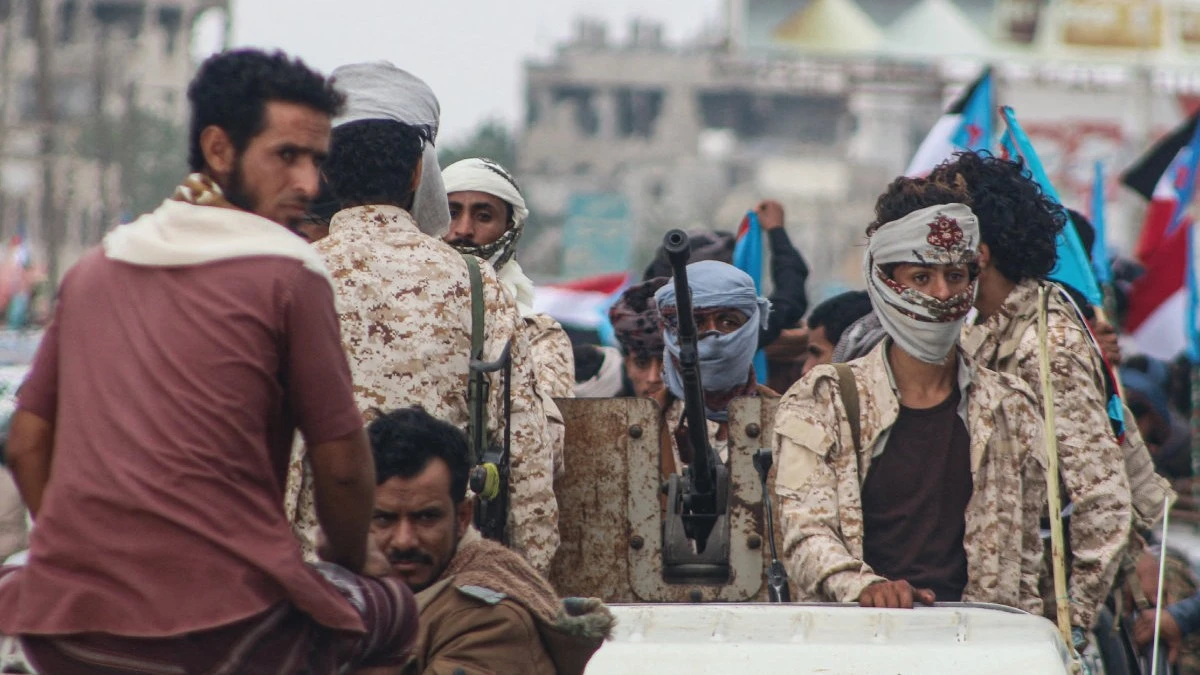UNITED NATIONS, New York City, U.S.A. October 22nd, 2020. The United States is issuing letters to nations telling them to withdraw their support from the recent UN treaty completely banning nuclear weapons that is close to ratification.
Having garnered 49 ratifications out of the 50 needed to enter into effect, an unprecedented and concerted attempt by world governments to permanently ban, under international law, the ownership, production, and most importantly the testing and use of nuclear weapons could come into effect by early November.
Totally opposed to the measure are the five nations who, perhaps unsurprisingly, have the largest number of nuclear weapons in their arsenals. These are Great Britain, France, China, and Russia, but it was the United States that actually, according to AP who obtained a copy of the U.S. letter sent to member states, tried to convince those who had already ratified the treaty to withdraw their support.
“Although we recognize your sovereign right to ratify or accede to the Treaty on the Prohibition of Nuclear Weapons (TPNW), we believe that you have made a strategic error and should withdraw your instrument of ratification or accession,” the letter says.
It states that the P5 nations and America’s NATO allies “stand unified in our opposition to the potential repercussions,” of the treaty which the letter describes as “[turning] back the clock on verification and disarmament” by referencing the old Nonproliferation Treaty, which they say is the “global cornerstone of nonproliferation efforts”.
Groups focusing on nuclear disarmament were incensed by the letter, and have strongly condemned the actions of the Trump Administration, along with the other P5 nations.
OSLO, Norway. November 13th, 2018. PICTURED: Director for the International Campaign to Abolish Nuclear Weapons, receives the Nobel Peace Prize on behalf of her organization’s work. Photo credit: Matija Puzar. CC 4.0.
Nervousness and Panic
The TPNW is truly remarkable, as it has taken over 75 years of living with them and making half-measure treaties for the governments of the world to create international legislation that would permanently ban all applications of nuclear weapons.
Along with many smaller states, influential members that have ratified the treaty include Mexico, Venezuela, Austria, Nigeria, Thailand, New Zealand, and South Africa.
The U.S., which regularly belittles international law in the form of its rejection of the International Criminal Court, or the Movement of Non-Aligned States against unilateral coercive measures in the form of sanctions, or the attempt to unilaterally re-impose the UN arms embargo on Iran, or the wrongful interpreting of the UN Sec. Council’s resolution to invade and begin the War in Iraq, seems to be taking this a little more seriously, as they still rely on international governing bodies like the UN to impose their will on other nations.
Beatrice Fihn, executive director of the International Campaign to Abolish Nuclear Weapons, who won her organization the Nobel Peace Prize for her pursuit of the current TPNW said in a statement that “increasing nervousness, and maybe straightforward panic, with some of the nuclear-armed states and particularly the Trump administration” shows they “really seem to understand that this is a reality: Nuclear weapons are going to be banned under international law soon”.
“It’s outrageous to ask governments to withdraw from this multilateral U.N. treaty, but it also show that the U.S. knows it will have an impact,” Fihn added on Twitter. “The last time a country withdrew from a multilateral nuclear weapons treaty was when North Korea left the NPT in order to develop nuclear weapons”.
The suggestion there is that if the United States or other P5 powers simply ignored the treaty, it would be akin to the North Korea withdrawal, and worthy of the most severe shame. Furthermore, Fihn suggests that the objectives of the old Nonproliferation Treaty are accomplished, and the logical conclusion of that piece of legislation is the current goal of the TPNW.
“The Nonproliferation Treaty is about preventing the spread of nuclear weapons and eliminating nuclear weapons, and this treaty implements that,” she explains. “There’s no way you can undermine the Nonproliferation Treaty by banning nuclear weapons. It’s the end goal of the Nonproliferation Treaty”.
U.N. Secretary-General Antonio Guterres himself called the nuclear weapons ban treaty “a very welcome initiative.”
“It is clear for me that we will only be entirely safe in relation to nuclear weapons the day where nuclear weapons no longer exist,” he said in an interview Wednesday with AP. “We know that it’s not easy. We know that there are many obstacles”.





Your thhe best